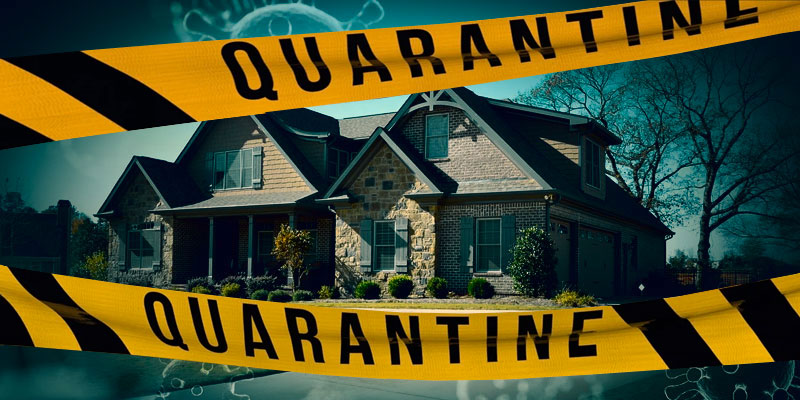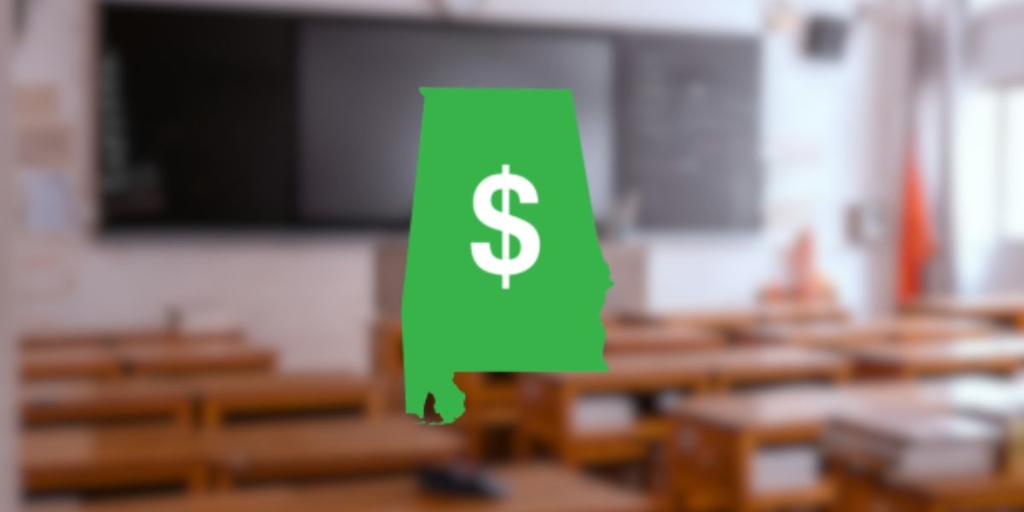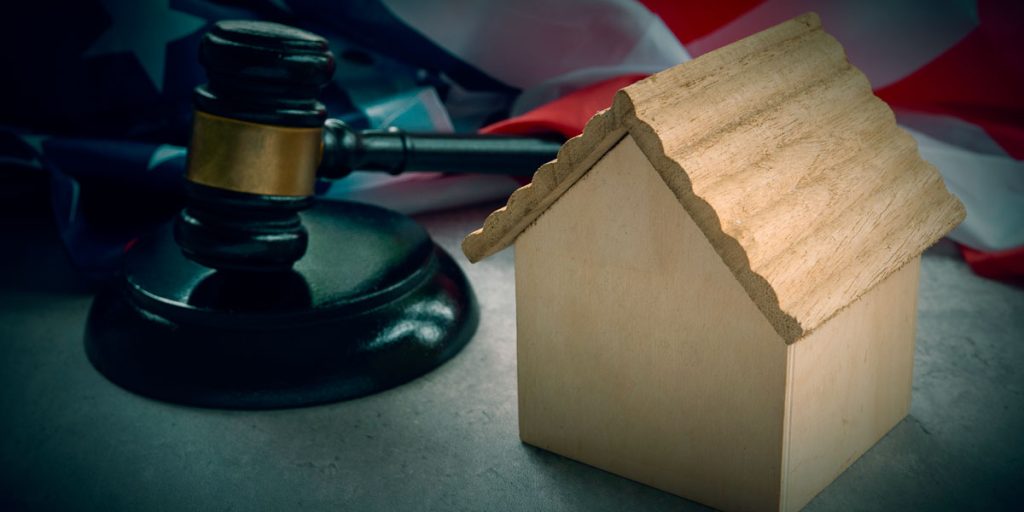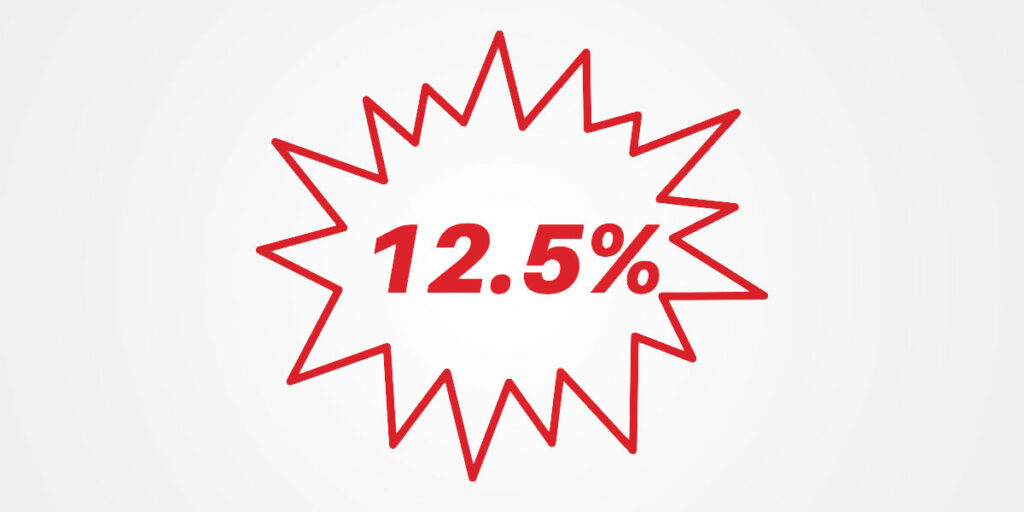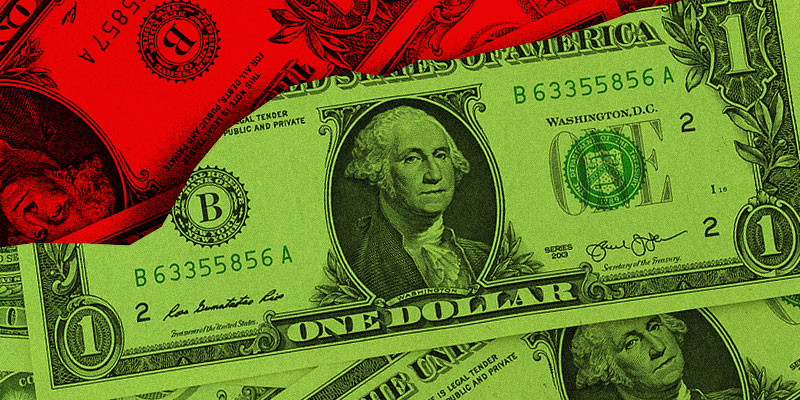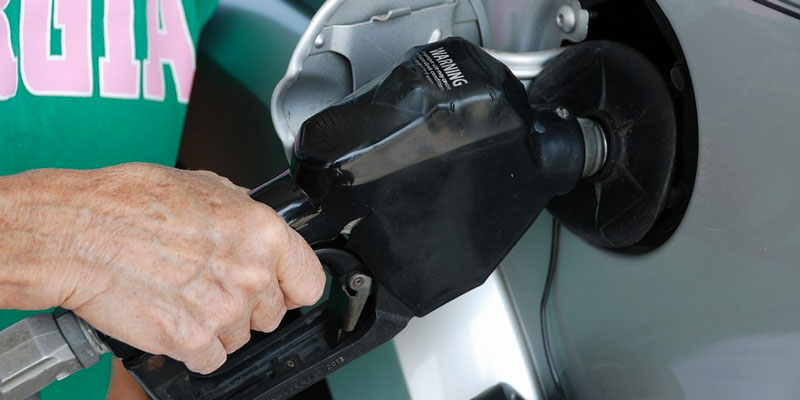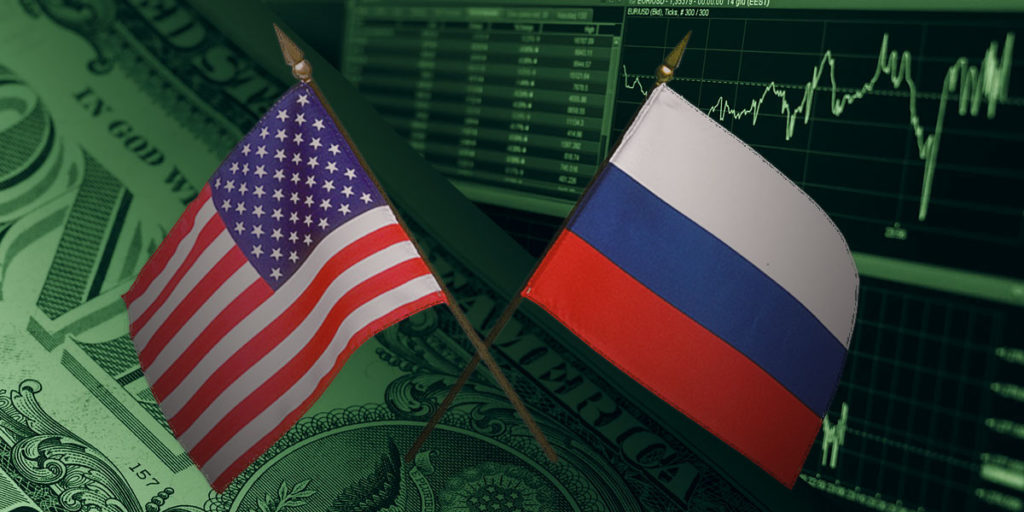Our federal and state governments implemented unprecedented measures beginning in March to stem the spread of COVID-19. Informed consent provides a foundation of medical ethics. Did our elected officials and public health experts get our informed consent for policies that have put 30 million Americans out of work?
Medical experiments have often been performed on unsuspecting subjects, like the infamous Tuskegee Experiment. The U.S. Public Health Service in 1932 began studying the health effects of syphilis on African-American men recruited with a promise of free health care. Even after penicillin emerged as a treatment, the study participants still only received placebos and went untreated until public revelation in 1972.
Informed consent became the ethical dividing line. According to the American Medical Association, “The process of informed consent occurs when communication between a patient and physician results in the patient’s authorization or agreement to undergo a specific medical intervention.” A patient should be provided information on “the burdens, risks, and expected benefits of all options, including foregoing treatment.”
We canceled sports and public gatherings, closed schools and universities, and shuttered nonessential businesses to “flatten the curve.” The new coronavirus can be transmitted by persons without any symptoms, so isolating the sick is not necessarily effective for COVID-19. Millions of cases over just a few months would overwhelm hospitals; avoidable deaths would result from critically ill patients not receiving the best possible care.
Several epidemiological studies offered frightening worst-case scenarios. The highly influential study from Imperial College in London projected that 81% of Americans would get the illness with 2.2 million deaths. Stay-at-home orders seemed prudent to prevent such a disaster.
Yet, even extreme social distancing will not prevent COVID-19 cases and deaths, only delay them. Everyone is potentially susceptible to a brand-new virus; staying home to keep from getting sick does not change this fact. That two weeks or two months of lockdown would prevent the feared deaths from ever occurring was a false hope.
The epidemiological models did not hide this. The Imperial College study warned that with relaxation of suppression measures, “transmission will rapidly rebound, potentially producing an epidemic comparable in scale to what would have been seen had no interventions been adopted.” To avoid these 2.2 million deaths, our current policies would “need to be maintained until a vaccine becomes available (potentially 18 months or more).”
Herein lies the potential lack of informed consent. Was it ever clearly explained that our policies were merely going to delay the health crisis? Would we have chosen to bear such immense economic pain for only a stay of execution?
The policies implemented in March will likely prove unsustainable. The nationwide lockdown was inevitably going to either be relaxed or simply collapse as Americans began ignoring the orders, and long before a vaccine or cure would be available. The policy debate has been couched as a choice between public health or the economy, an unconstrained pandemic or a depression. Our unsustainable policies might deliver a depression and a pandemic.
Our delaying action though has bought us time. We have learned more about the foe. We have controlled trial evidence that Remdesivir effectively treats COVID-19 (it is not a cure, but it helps). Doctors have learned that some healthy young persons who have fallen seriously ill were having an immune system overreaction to COVID. And some patients may have been ventilated too quickly.
We have also expanded health care system capacity. Temporary hospitals have been established and ICU beds added. We can test many more people for the virus now and have antibody blood tests as well. We should soon have adequate supplies of protective equipment for health care and nursing home workers.
Knowledge and preparedness should save lives in a potential “second wave.” We can use lessons learned to help reopen businesses and schools safely. Buying time may prove to be the shutdown’s greatest benefit.
Daniel Sutter is the Charles G. Koch Professor of Economics with the Manuel H. Johnson Center for Political Economy at Troy University and host of Econversations on TrojanVision. The opinions expressed in this column are the author’s and do not necessarily reflect the views of Troy University.




